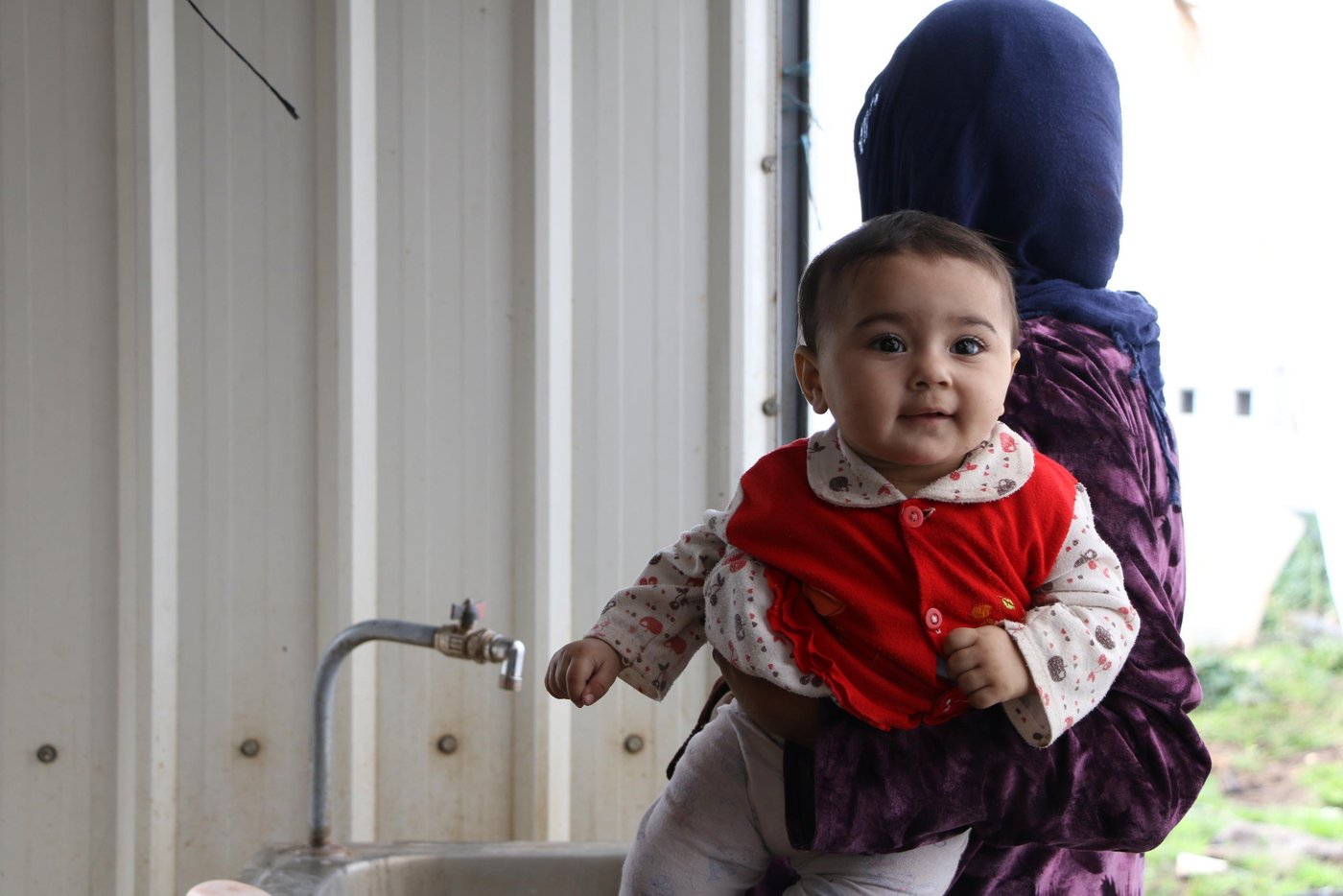Salah, 40, is one of thousands of Syrian refugees who was not able to complete his children’s birth registration. “I registered my two firstborns in Syria before fleeing to Lebanon but I wasn’t able to register those born here because of the complicated process,” he explains.
Four out of five children unregistered
According to the UN’s 2018 report on the vulnerability of Syrian refugees, 79 per cent of Syrian children born in Lebanon have not completed the complex registration process required to make their birth certificate legally valid.
Children who lack complete birth certificates may have problems accessing government services such as education, healthcare, legal support or humanitarian assistance if they return to Syria in future. They may even be unable to legally leave Lebanon if their birth isn’t properly registered.

In Lebanon, parents are required to register their children within one year of birth through a four-stage process involving multiple government agencies. If the parents do not manage to complete this process, they have to go through a costly and lengthy court procedure to prove a child’s kinship in order to proceed with registering the children. While the Norwegian Refugee Council (NRC) assists refugees with this procedure, only those with legal residency are able to undertake it.
Struggling with a foreign bureaucracy
Salah obtained a birth notification for his newborn from the hospital and a birth certificate from the local Mukhtar, an elected official who serves as a sort of local registrar. However, these were only the first steps of the multi-stage process that is required for a birth certificate to be legally valid.
The full extent of the process and what is required is often not clear to the refugee community. Navigating a foreign bureaucracy can be difficult and intimidating for many refugees.
”I thought that the Mukhtar’s signature was from the personal status department [Nofous] but over a year later, when I applied for resettlement through the UN refugee agency, they informed me the birth certificates lacked signatures from the Nofous. The registration should have happened before my children turned one year old,” Salah explains.

Policy change gives refugees a second chance
In March 2018, the government of Lebanon announced that it was retroactively waiving the one-year deadline to register Syrian children born in Lebanon between January 2011 and February 2018.
NRC had advocated for this change for several years, and our legal teams quickly set about working through the backlog of tens of thousands of refugees who had been unable to register their children in time.
Through funding from the UK’s Department for International Development (DFID), our legal team was able to help Salah to complete the birth registration of his children.

Bakri, 31, is another father who was unable to register his daughter’s birth. “The hospital gave me a birth notification for our daughter, Sahar, and the Mukhtar gave me her birth certificate but with the wrong place of birth,” Bakri explains. “I didn’t know I had to sign the document at the local Nofous office before she became one year old.”
Bakri reached out to NRC for help but his daughter was already over a year old by then. We helped Bakri to get a new birth certificate with the correct place of birth, and thanks to the policy change the registration was completed without a court proceeding.
“I was really relieved when I learnt about the new policy which facilitated the birth registration of my daughter. We saved time and money,” says Bakri.
Lack of information is the main barrier
According to recent NRC research, 49 per cent of refugees state that the main barrier to registering the birth of their children is lack of information about the process, while 13 per cent cite financial constraints.
Through NRC’s legal counselling services, families like Salah’s and Bakri’s receive important information and the assistance needed to help them navigate the system.

“We have followed up with more than 3,000 refugees who have children over one year old to inform them about the policy change. Some refugees managed to complete the birth registration process by themselves while others approached us for legal assistance,” explains Maha, one of NRC’s information field assistants in northern Lebanon.
Deadline waiver must be extended
However, the waiver of the one-year deadline only applies to children born before 8 February 2018. Those born after that date still need to complete the process within one year, which will ultimately increase the number of unregistered children.
NRC believes policy changes like the waiver of the one-year deadline for birth registration will have a significant positive impact on refugees’ lives. We are advocating for an immediate extension of the 2018 policy waiver to include children born to Syrian refugees after the change.


